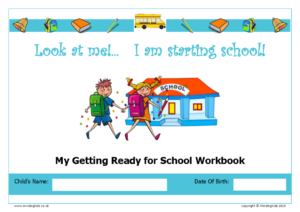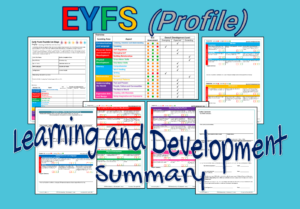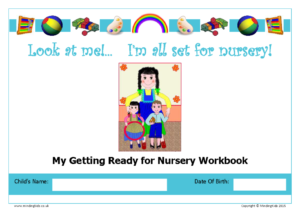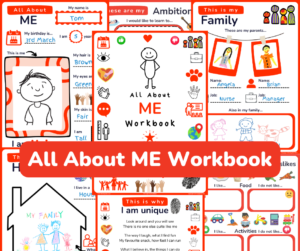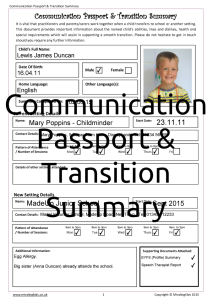Supporting School Readiness
Starting school is a big adventure for young children, filled with excitement and anticipation, but also anxieties and unknowns. As childcare providers, we play a crucial role in supporting this transition for both children and their families.
This guide offers practical tips and activities to help you prepare children for the social, emotional, and academic demands of school.

Easing the Transition
💬Talk It Out
Create a safe space for children to express their feelings about starting school. Read stories about school experiences, discuss what they’re looking forward to, and address any worries they might have. Encourage parents to do the same at home.
🏫School Visits
If possible, organise visits to the school with the children. Familiarise them with the environment, meet the teachers, and participate in taster activities to reduce anxiety.
Building Independence
🚻Self-Care Skills
Practice dressing, using the toilet independently, washing hands, and opening lunchboxes. This empowers children and eases the burden on teachers.
👍🏽Promote Choice
Offer opportunities for children to make choices within safe limits. This builds confidence and decision-making skills.
Developing Social Skills
🧑🤝🧑Social Interaction
Regular playgroups, park visits, and group activities help children interact with others, share, take turns, and resolve conflicts peacefully.
💬Communication Skills
Encourage conversations during mealtimes and play. Ask open-ended questions, listen actively, and model effective communication.
Fostering a Love of Learning
📖Read Aloud Regularly
Reading exposes children to new vocabulary, ignites a love for books, and improves listening skills.
🛝Playful Learning
Incorporate learning into everyday activities. Sing number songs, count objects, explore shapes in the environment, and play phonics games.
✍🏽Mark Making
Provide opportunities for creative expression through drawing, painting, and using different writing tools. This strengthens fine motor skills needed for writing.
Building a Strong Foundation
🔡Early Literacy
Encourage children to recognise their names and the alphabet. Play letter recognition games and introduce basic phonics.
🔢Early Numeracy
Sing counting songs, play number games, and practice counting objects in daily routines. Introduce basic concepts like bigger/smaller, more/less.
Collaboration is Key
💬Effective Communication
Share information about a child’s strengths, needs, interests, and any special requirements with the school. This ensures a smooth transition and individualised support.
🤝Respecting Confidentiality
Always obtain consent before sharing information, except in legal situations or child safety concerns.
Remember, a positive and playful approach is key!
By working together, we can make starting school a joyful and successful experience for all children.


